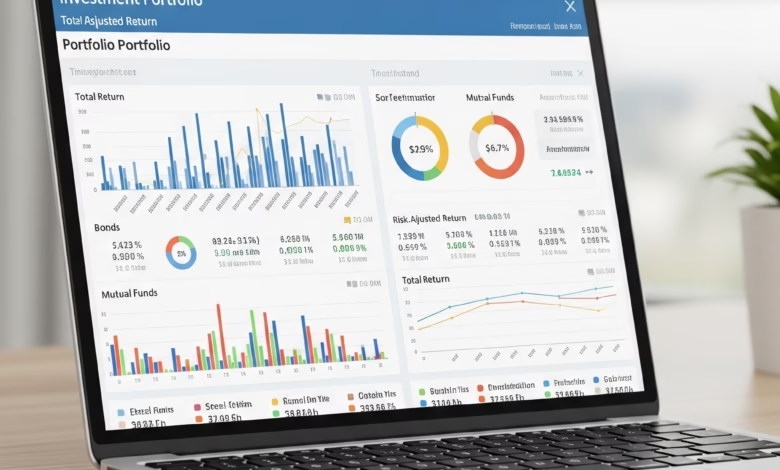What are the fixed costs that every small entrepreneur needs to consider?
Understand the expenses that impact your small business

Starting a small business is an exciting venture, filled with dreams of independence and financial success. However, many aspiring entrepreneurs focus heavily on revenue projections while overlooking a critical component of financial health: fixed costs. Fixed costs are expenses that largely remain the same regardless of your sales volume or business activity. Understanding and accurately forecasting these costs is paramount for effective budgeting, pricing, and ensuring your business stays afloat. This guide will break down the most common fixed costs every small business owner should meticulously consider.
Understanding Fixed Costs: The Bedrock of Your Budget

Before we dive into specific examples, let’s clarify what fixed costs truly are. Unlike variable costs, which fluctuate directly with your production or sales (e.g., raw materials, commissions), fixed costs are predictable and recurring. Whether you sell one product or a thousand, you generally have to pay them. Think of them as the ongoing overhead necessary to keep your business’s doors open. Accurately identifying these costs is crucial for setting realistic financial goals and avoiding unpleasant surprises.
Fixed Cost 1: Rent or Mortgage Payments – Your Business’s Home
For many small businesses, the largest fixed cost is related to their physical location. Whether you’re renting an office, a retail space, a workshop, or even paying a mortgage on commercial property, this expense is typically due monthly and doesn’t change based on your sales. Even if you work from a home office, you might consider allocating a portion of your personal rent/mortgage and utilities as a business expense for tax purposes, or if you lease a dedicated co-working space.
Key consideration: Location is vital, but so is affordability. Ensure your rent fits comfortably within your budget, even during slower periods.
Fixed Cost 2: Salaries and Employee Benefits – Your Team’s Compensation

If you have employees, their salaries (especially those on fixed wages, not commission-based) and associated benefits are significant fixed costs. This includes:
- Base Salaries: Regular pay for full-time or part-time staff.
- Employee Benefits: Health insurance premiums, retirement plan contributions, payroll taxes (like social security and unemployment insurance), and workers’ compensation insurance.
Even if you’re a sole proprietor, consider your own “salary” as a fixed cost to ensure your business generates enough to pay you consistently.
Key consideration: Factor in all employer-paid taxes and benefits, not just the gross salary, to get the true cost per employee.
Fixed Cost 3: Insurance Premiums – Protecting Your Assets and Operations
Insurance is a non-negotiable fixed cost that protects your business from unforeseen events and liabilities. Depending on your industry and location, you might need:
- General Liability Insurance: Covers claims of bodily injury or property damage.
- Property Insurance: Protects your business assets (building, equipment, inventory).
- Professional Liability (E&O) Insurance: For service-based businesses, covering errors or omissions.
- Workers’ Compensation Insurance: Mandatory in many places if you have employees.
- Business Interruption Insurance: Helps cover lost income if your business is forced to temporarily close.
Key consideration: Don’t skimp on essential insurance. A small premium now can prevent catastrophic losses later.
Fixed Cost 4: Utilities and Communication – Keeping the Lights On (and Connected)

Every business needs essential utilities and communication services to operate. These are typically recurring monthly expenses that don’t fluctuate wildly with sales:
- Electricity, Gas, Water: Essential for lighting, heating/cooling, and operations.
- Internet and Phone Services: Crucial for communication with customers, suppliers, and for online operations.
- Software Subscriptions: CRM software, accounting software, website hosting, email marketing platforms, etc. These are increasingly vital and often monthly or annual fixed costs.
Key consideration: Shop around for competitive rates and consider energy-efficient practices to keep these costs manageable.
Fixed Cost 5: Equipment Leases and Depreciation – Tools of the Trade
Many small businesses rely on equipment that isn’t purchased outright. Leasing costs for items like vehicles, specialized machinery, office equipment (copiers, printers), or even point-of-sale (POS) systems are typically fixed monthly payments. If you own equipment, while not a direct monthly cash outflow, you should account for its depreciation over time as a fixed cost, impacting your profitability and tax calculations.
Key consideration: Evaluate whether leasing or buying makes more financial sense for your specific equipment needs.
Why Tracking Fixed Costs is Critical for Small Business Success

Accurately identifying and tracking these fixed costs is more than just an accounting exercise; it’s fundamental to your business’s survival and growth:
- Breakeven Analysis: Knowing your fixed costs helps you calculate your breakeven point – the sales volume needed to cover all your expenses.
- Pricing Strategy: Understanding your fixed costs allows you to set competitive prices that ensure profitability.
- Financial Planning: It helps you forecast cash flow, secure financing, and make informed decisions about expansion or scaling down.
- Risk Management: Being aware of your fixed commitments prepares you for periods of lower sales or unexpected expenses.
By meticulously accounting for these essential fixed costs, small business owners can build a more robust financial foundation, paving the way for sustainable growth and long-term success. Don’t let hidden or underestimated fixed costs derail your entrepreneurial journey.





